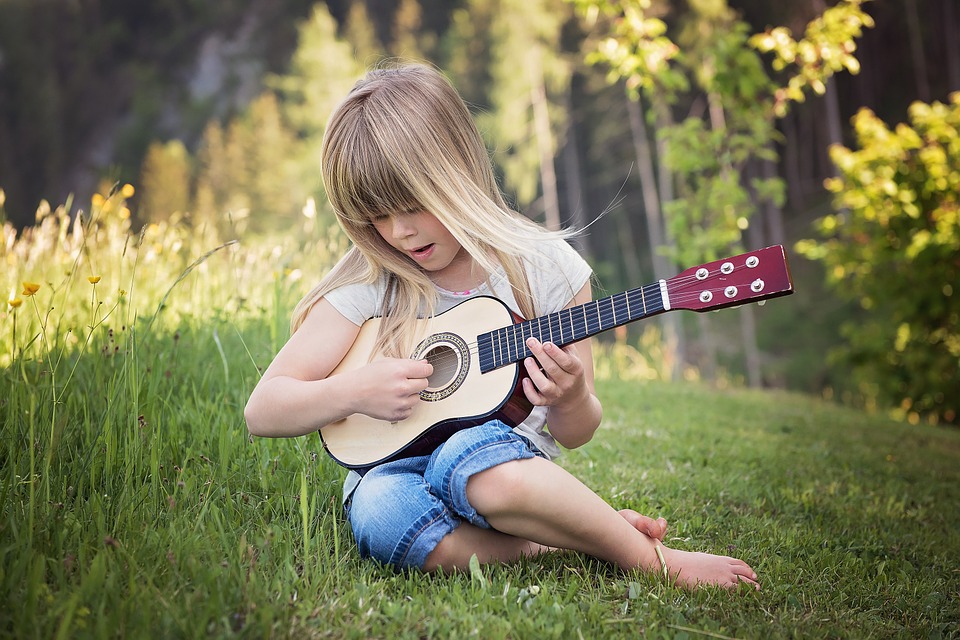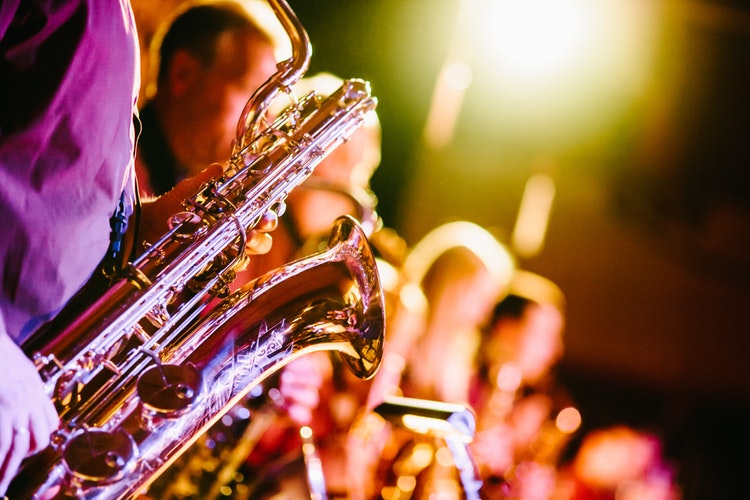Salvador Sabral’s victory for Portugal in the Eurovision Song Contest this year is the first time that a non-English Eurovision song has won the coveted crown since 2007. Salvador performed Amar Pelos Dois (Love For Both) at the Grand Final
Exploring Vocabulary in George Michael’s Careless Whisper

Each Christmas is the anniversary of the death of pop star and esteemed singer-songwriter George Michael, who passed away on Christmas Day 2016. As a tribute to his song-writing talent and philanthropic work we have taken one of his most
Jump on Stage for the Eurovision Song Contest!

Eurovision is the colourful, over-the-top, cheesy and fabulous international music competition that is broadcast every year across Europe, Asia, the US and Australia to millions of fans and ironic supporters! The Eurovision Song Contest Final always offers an evening of fun
Music Training Improves Language Learning, Studies Show

Researchers have found that children who learn an instrument find learning languages much easier, even as adults. It has been proven that music training improves language learning, however, it is not only the ability to learn foreign languages that is boosted.
The Connection Between Sound, Language and Emotion

Sound, language and emotion have strong links. Over 130 years ago, Darwin suggested that speech and melody have the same ancestor. Now two academics have returned to the idea and are currently researching the connection between sound and emotion in relation to
The London Jazz Festival comes to the EFL Classroom

The London Jazz Festival 2018 is in full swing! People have been flocking to the capital to hear the melodious blast of trumpets, the rhythmic scratchings of snare drums and the ponderous strummings of the stately bass. So what better time
